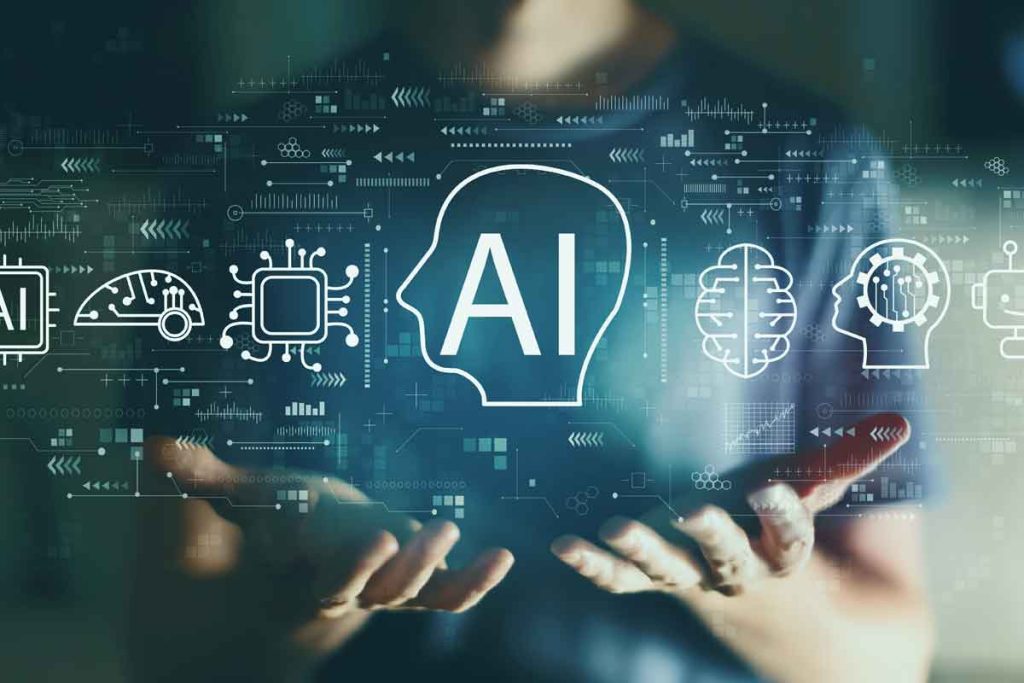What To Know
- This innovation signifies the capacity of using machine learning to correctly process error data next to IBM quantum processors for the first time with correction recommendations that are as accurate given the random noise patterns that are characteristic of quantum systems.
- The given work thus creates the background for further work which is being performed to explore the possibilities of developing hybrid approaches based on quantum mechanics and machine learning to boost the next generation computational methods.
- A recent development that has improved the prospects of quantum computing is the attempts by CSIRO, Australia’s national science agency, to employ Artificial Intelligence in addressing errors of quantum computing.
A recent development that has improved the prospects of quantum computing is the attempts by CSIRO, Australia’s national science agency, to employ Artificial Intelligence in addressing errors of quantum computing. appearing in Physical Review Research , their study shows how AI still can be used to mitigate qubit noise, which constitutes a significant challenge to the advance of quantum computing.
Unlike normal computers that contain bits which are either 0, or 1, quantum computers have quantum bits or qubits that hold both the 0 and the 1 states at once. This particular asset may provide immense computational advantages but is accompanied by new sources of error or ‘noise’ inherent to quantum mechanics.
CSIRO’s advance here is that these quantum errors are decoded for rectification by an AI neural network syndrome decoder. This innovation signifies the capacity of using machine learning to correctly process error data next to IBM quantum processors for the first time with correction recommendations that are as accurate given the random noise patterns that are characteristic of quantum systems.
Dr. Muhammad Usman the head of the CSIRO’s Data61 Quantum Systems team, stressed the importance of their discovery. He recalled that their studies present the ability of AI to solve challenging error correction problems, vital for boosting the efficiency and credibility of quantum computers for application.
The study emphasizes that despite present noise levels in quantum processors, physical error rates, and their relation to AI systems suggest that full fault-tolerance will soon become a reality. This evolution could make quantum computation incorporate the ability to solve real-world problems that are beyond the comprehension of conventional PCs.
Growing with the field, the idea of incorporating AI with quantum error correction codes seems to open the path toward the implementation of solid, large-scale quantum computation technologies. The given work thus creates the background for further work which is being performed to explore the possibilities of developing hybrid approaches based on quantum mechanics and machine learning to boost the next generation computational methods.



